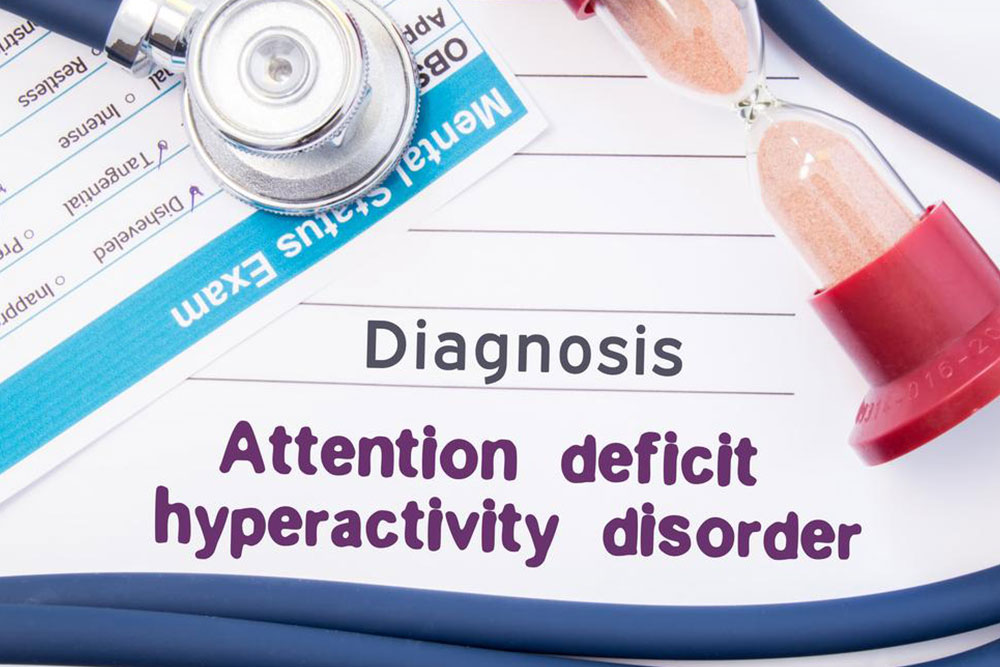Top Factors Contributing to Attention Deficit Hyperactivity Disorder
Explore the primary factors leading to ADHD, including brain injuries, genetics, prenatal exposure, and diet. Learn how these elements influence the development of attention deficit hyperactivity disorder and available management strategies. Understanding these causes helps in early intervention and effective treatment. The article highlights the importance of professional guidance and personalized therapies for managing symptoms and improving quality of life for affected individuals.

Top Factors Contributing to Attention Deficit Hyperactivity Disorder
Attention Deficit Hyperactivity Disorder (ADHD) is a prevalent condition affecting children and sometimes adults. It is a neurological disorder that results in unpredictable behaviors such as forgetfulness, impulsivity, and hyperactivity. While occasional forgetfulness or impulsive acts are normal, children with ADHD display these behaviors consistently, impacting their daily life. If left untreated, ADHD can worsen over time, hindering concentration and increasing hyperactive tendencies. Though common in youth, adult diagnoses are also rising, emphasizing the need for awareness.
Disrupted functioning at school, home, or work can significantly reduce quality of life. So, what are the main causes of ADHD? The most recognized factor involves irregularities in brain function and structure. While the precise causes remain unclear, certain elements have been linked to the disorder:
Brain Injury – Damage resulting from a severe blow during an accident, stroke, or tumor growth can influence the development of ADHD symptoms.
Genetics – heredity plays a significant role, with studies indicating a strong genetic component that can be inherited from parents.
Maternal Substance Use – Smoking or drug use during pregnancy exposes the fetus to harmful toxins, increasing the child's risk of developing ADHD.
Dietary Factors – Poor nutrition and deficiencies in essential nutrients can affect brain development and behavior. Consulting a healthcare professional before making dietary changes is advisable.
The absence of a cure means management focuses on alleviating symptoms and behavioral treatment, often through therapies such as cognitive-behavioral therapy, which require consistency and personalized approaches.Disclaimer:
The information provided here is for educational purposes and reflects current research. It should not replace professional medical advice. Users are encouraged to consult healthcare providers for diagnosis and treatment options. The website cannot be held responsible for data inaccuracies or omissions in other sources or platforms.










